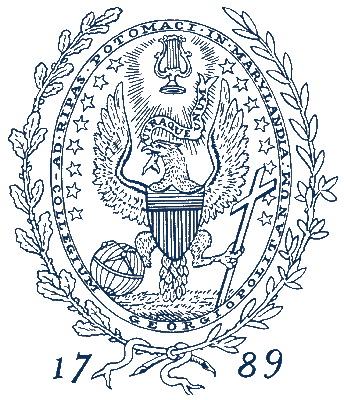Document Type
Article
Publication Date
2010
Abstract
This article discusses the theoretical interaction between the economically grounded most-favoured nation (MFN) treatment principle and the human-rights based concept of equal protection of migrants. In the multilateral law of international trade, MFN is an article of faith that lays a valid claim to having significantly contributed to the success of the trade-liberalizing and welfare-enhancing role of the General Agreement on Tariffs and Trade /World Trade Organization (GATT/WTO). Above and beyond its trade-related economic roles, when it applies to individuals of different nationalities, the logic of MFN also appears to generally conform to fundamental principles of equal protection of the law and non-discrimination under general human rights law.
The author addresses the question: to what extent should international law, as a normative matter, mandate the equal treatment of migrants, not in comparison to incumbents, but in relation with each other, i.e., with respect to migrants from other countries? Here it is treated as a mixed question of economics and human rights. This article provides some preliminary thoughts in this context, raises some corollary human rights-based issues with respect to a broad equal protection and non-discrimination rule in migration policy, and draws some general conclusions.
Recommended Citation
24 Geo. Immigr. L.J. 553-563 (2010)
Included in
Human Rights Law Commons, Immigration Law Commons, International Law Commons, Law and Economics Commons

